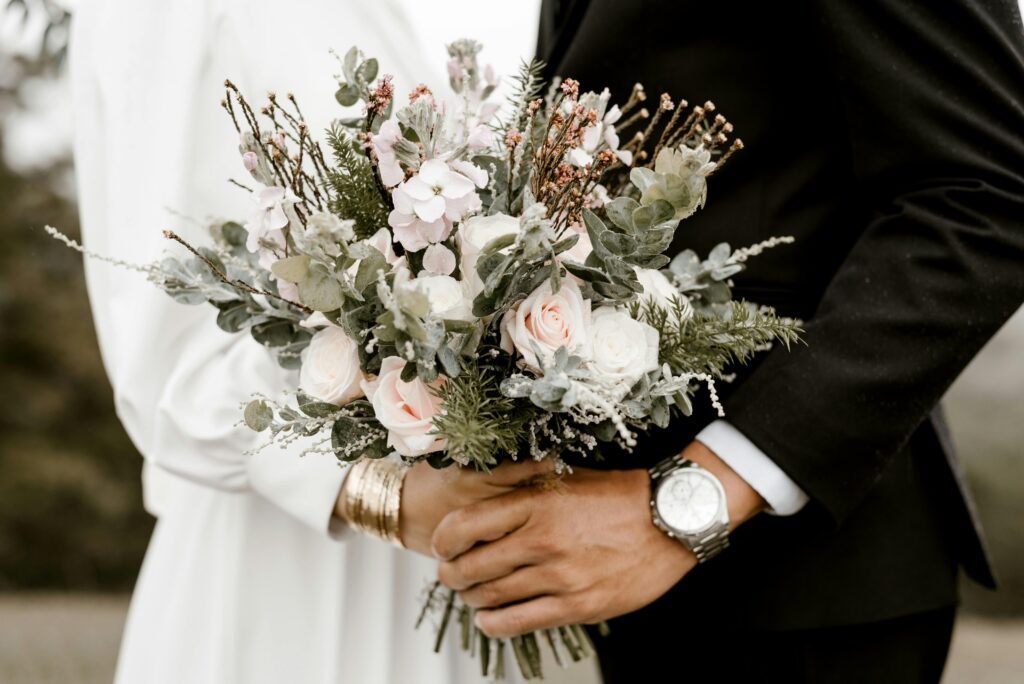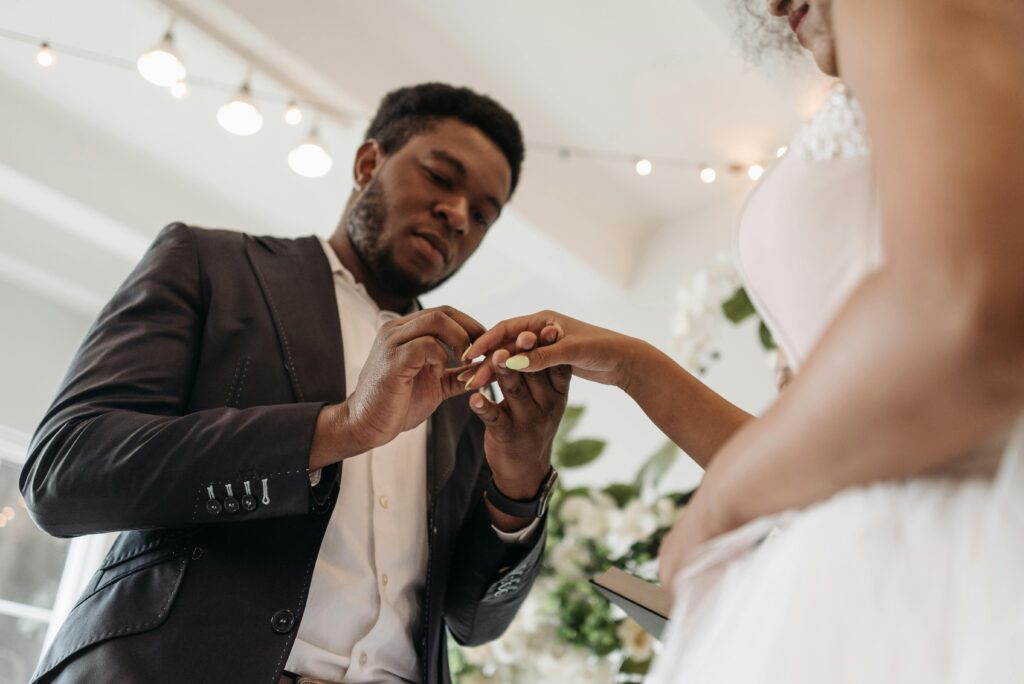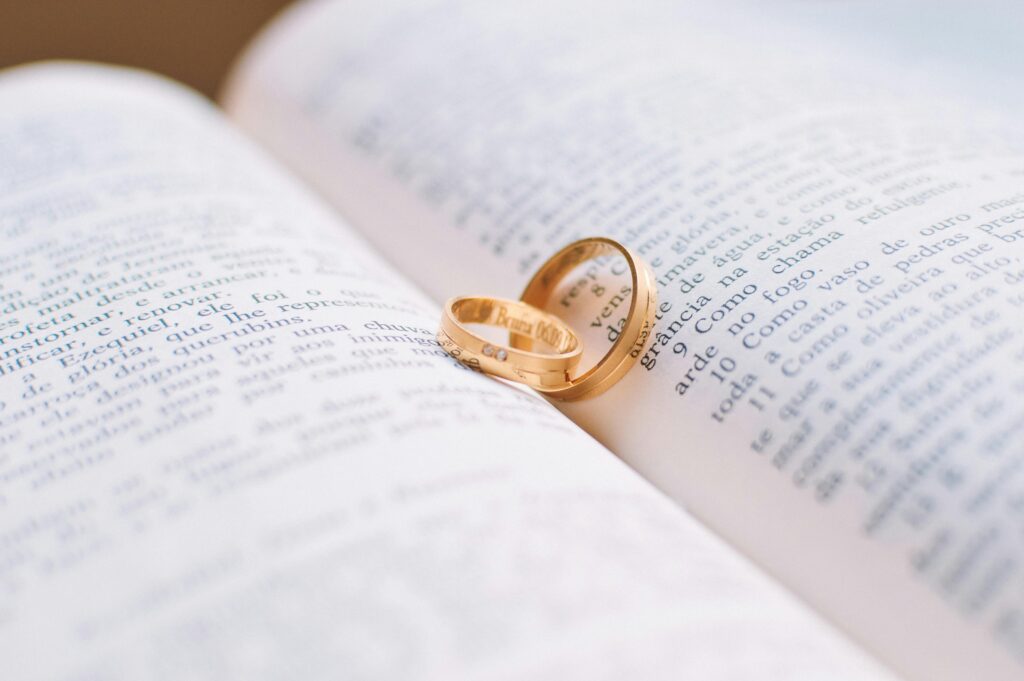
Marriage in Kenya is a voluntary union between a man and a woman, whether in a monogamous or polygamous relationship, registered under the Marriage Act, 2015. This comprehensive guide delves into the essence of marriage, unraveling its concepts and shedding light on the various forms of marriages recognized in Kenya. While marriage might seem straightforward, it is governed by intricate rules and regulations that often go unnoticed. Join us as we explore the nuances of one of society’s most sacred institutions, offering insights into the legal and cultural dimensions of marriage in Kenya.
The meaning of marriage

Marriage is a contract that must be registered in accordance with the Marriage Act, 2015. As such, parties to this union have equal rights and obligations during the marriage and at its dissolution. The marriage contract ends upon divorce. The legally approved age for a person to enter into such contractual relationships is 18 years. Anyone who marries a person who has not attained 18 years commits a crime under the Sexual Offences Act and the Children’s Act. Such acts constitute child exploitation, child marriage, or defilement.
For a marriage to be regarded as valid, it must be conducted in the presence of two competent witnesses. These witnesses should be 18 years or older, sane, sober, and able to understand the language being used to conduct the ceremony, whether through an interpreter or otherwise. However, note that the persons celebrating their marriage cannot be witnesses to their own marriage.
Forms of marriages

We have five forms of recognized marriages in Kenya and they include; marriages celebrated in accordance with the rites of a Christian denomination, civil marriages, Islamic marriages, marriages celebrated in accordance with the customary rites relating to any of the communities in Kenya, and marriages celebrated in accordance with the Hindu rites and ceremonies.
Conversion of marriages
A marriage may be converted from being a potentially polygamous marriage to a monogamous marriage if each spouse voluntarily declares the intent to make such a conversion. On the other hand, a polygamous marriage may not be converted to a monogamous marriage unless at the time of the conversion the husband has only one wife. These conversions are usually made through declarations by parties in the presence of a marriage officer and shall be recorded in writing and signed by each party. The registrar shall the issue a certificate registering the marriage based on the intent of the parties.
Prohibited marriage relationship
It is unlawful and probably a taboo in most communities to marry the following persons; grandparents, parents, children, grandchildren, sister, brother, cousin, aunt, uncle, niece, or nephew. It is also unlawful to marry any of the following relatives of your spouse; grandparent, parent, child, grandchild, the spouse’s former spouse, or their grandparents, parents, child, grandchild.
Duration of marriage
A marriage registered under the Marriage Act, 2015 subsists until the following events occur; when a spouse dies, when a decree declaring the presumption of the death of a spouse is issued, when a decree of annulment is issued, when a divorce decree is issued, and when a decree of divorce or annulment obtained in a foreign country and recognized in Kenya is issued.
Conclusion
In conclusion, marriage in Kenya is a multifaceted institution deeply rooted in cultural, religious, and legal frameworks. The diversity in forms of marriage, from civil to customary, religious to Islamic, reflects the rich cultural tapestry of the nation. Each type of marriage carries its own set of traditions, ceremonies, and legal implications, providing couples with various avenues to solemnize their union.
Understanding these forms is crucial for anyone navigating the matrimonial landscape in Kenya, ensuring that marriages are conducted and recognized according to the appropriate legal and cultural standards. As society continues to evolve, the interplay between tradition and modernity will undoubtedly shape the future of marriage in Kenya, balancing respect for cultural heritage with the dynamics of contemporary life.
Also read;
For more insights pertaining to this matter, you can reach the writer at vallarynyala@mmsadvocates.co.ke . You can also contact us at MMS Advocates, Lower Duplex Apartments, LOWER HILL ROAD, or email us at info@mmsadvocates.co.ke